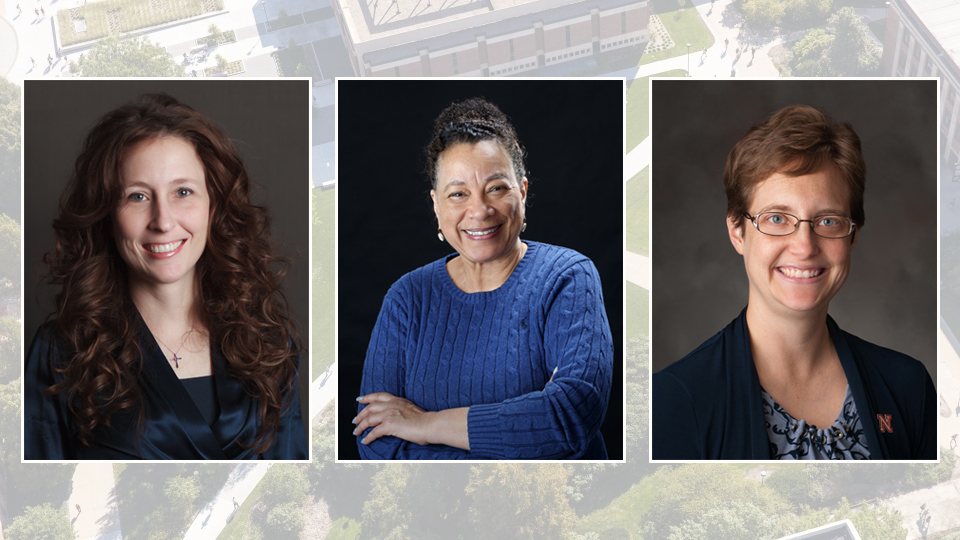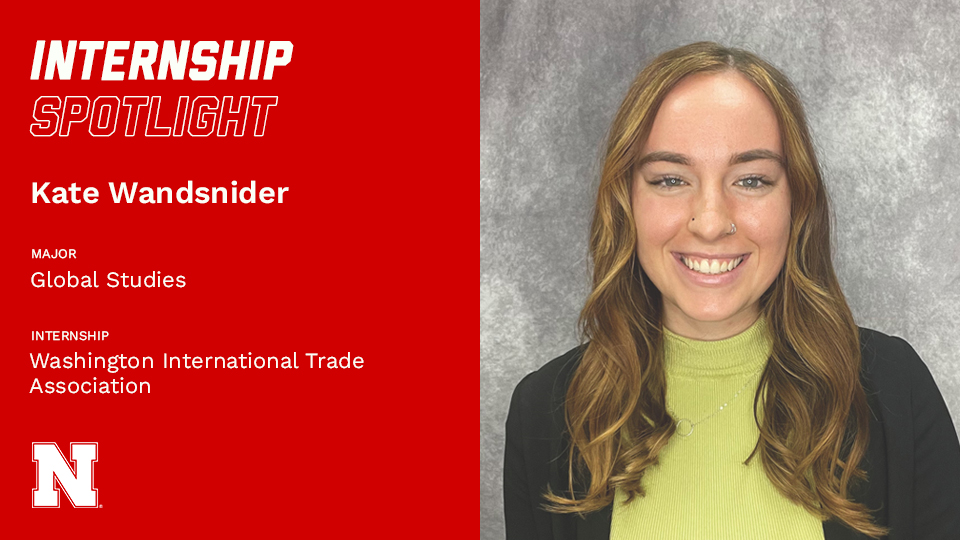
The announcement of a major grant to support a new University of Nebraska–Lincoln research center made national headlines in April. The articles were among 45-plus to feature the university’s faculty, students and programs during the month.
The university has earned an $11.85 million National Institutes of Health grant to establish the multidisciplinary Rural Drug Addiction Research Center. The center will conduct cutting-edge research into understanding the extent and nature of rural addiction, develop evidence-based treatment methods, and support outreach and policy efforts to help reduce addiction and overdoses.
“The patterns of drug use addiction in the Midwest are so different from those on either coast or in Appalachia,” said center director Kirk Dombrowski, John Bruhn Professor of sociology. “This will be the only major research center in the country that focuses specifically on rural drug use in the Midwest.”
Stories on the center appeared in more than a dozen Nebraska media outlets — including the Omaha World-Herald, Lincoln Journal Star and KETV. An Associated Press story on the center was picked up by more than 50 other outlets across the country — including The Kansas City Star, Houston Chronicle and Miami Herald.
- - -
Heather Richards-Rissetto, anthropology, participated in a discussion on the risks of people archiving their lives online April 1 on WBUR’s “On Point.” The segment aired on several other stations across the country.
- - -
Adam Houston, Earth and atmospheric sciences, is leading a multi-institutional, drone-based investigation of severe storms. The Targeted Observation by Radars and UAS of Supercells (TORUS) project, the largest-ever study of its kind, begins May 15. The National Science Foundation and UAS Vision ran stories on the project.
- - -
Chigozie Obioma, English, recently contributed an essay on America to the anthology “The Good Immigrant USA.” In the essay, he traces his journey from Nigeria to North Cypress to the United States by way of his debut novel, “The Fishermen.” The essay was highlighted in an April 3 review of the anthology in the Los Angeles Review of Books.
Obioma was also interviewed for The Times Literary Supplement’s “Twenty Questions” feature. The interview was published April 15.
- - -
Yvonne Lai, mathematics, was interviewed for an April 7 NPR story on George Berzsenyi, a retired math professor who has mentored thousands of gifted high school students. Lai first met Berzsenyi at his Young Scholars Program in 1995.
- - -
Kate Lyons, biological sciences, was quoted in an April 11 Earth.com articleon how humans have hunted, farmed and warmed their way to the sixth mass extinction. She said humans have caused extensive losses of other species because people aren’t like other predators. Humans don’t follow the typical predator-prey cycles, with predator populations falling in response to overhunting. The human intellect has also given rise to extremely effective weapons, such as the spear-hurling atlatl.
- - -
Concetta DiRusso and Paul Black, both biochemistry, and colleagues have authored a study implicating a protein in fueling tumor growth — and showing that a compound developed at Nebraska may assist cancer therapies by slowing that growth. Stories on the research have appeared in KFXL, KHGI, KOLN/KGIN, Ecancer, Medical Xpress, ScienceDaily and a few other media outlets. The study was originally published in the journal Nature.
- - -
A 2016 study led by Rebecca Brock, psychology, was cited in an April 22 Wall Street Journal article on the right ways for parents to argue in front of their children. The study showed that unresolved tensions after a parental disagreement are linked to increased anxiety, depression and social phobia in children eight years later.
- - -
Eileen Hebets, biological sciences, was interviewed for an April 22 article in The Scientist on new research involving the spotted coin spider. The research suggests that the species uses its orange colors to both lure prey and repel predators. Hebets said the research is important for advancing the understanding of the evolution and ecology of color-based signals.
- - -
Adrian Wisnicki, English, director of Livingstone Online, was interviewed for an April 24 Guardian article on the recent publication of the diary of Jacob Wainwright, an African attendant on Scottish explorer David Livingstone’s final journey into the continent. The diary contains the only handwritten witness account of Livingston’s death in 1873.


